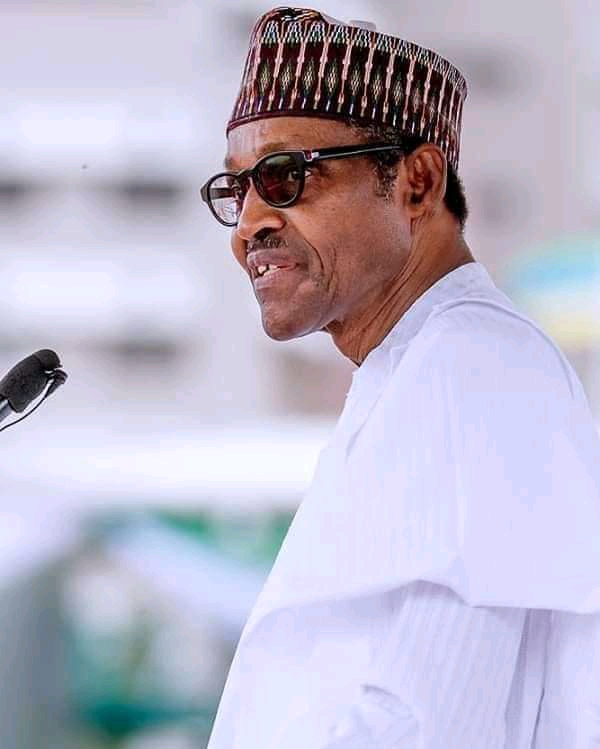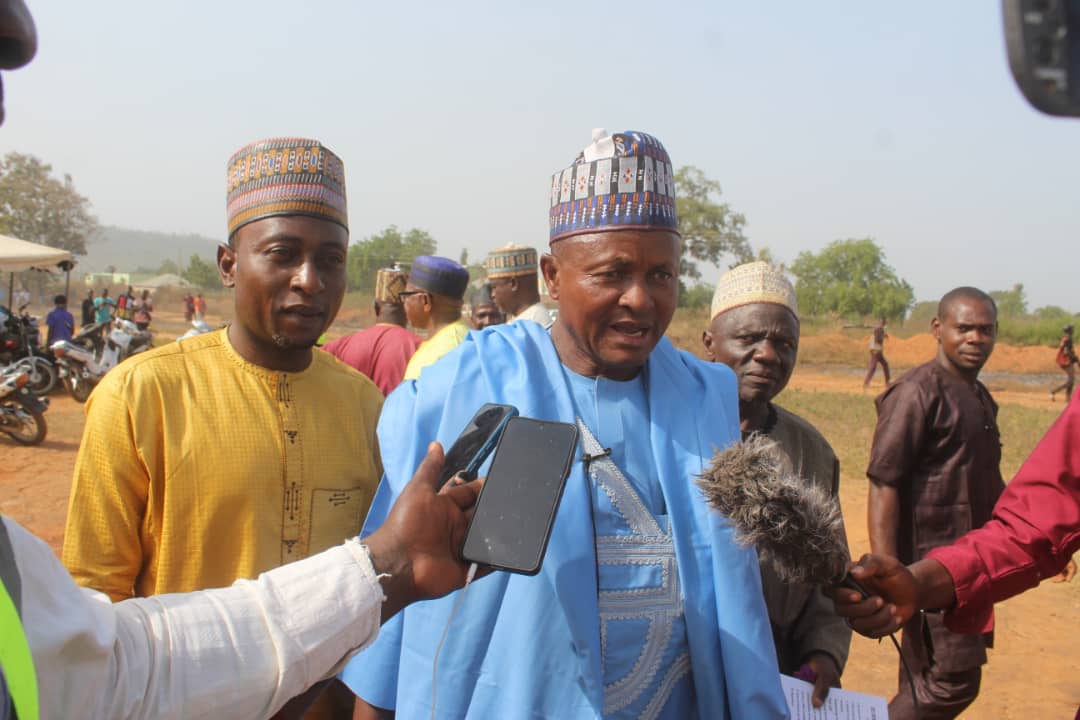President Muhammadu Buhari Fuel hike: Buhari’s policies devastating Nigerians more than COVID-19 — Wor The Federation of Informal Workers’ Organisation of Nigeria has berated the Federal Government for failing to stop the importation of petrol, noting that the Muhammadu Buhari administration had not fulfilled its pledge to boost local refinery of petroleum products.
The union lamented the impact of the incessant hike of fuel pump prices on Nigerians, especially the workers in the informal sector, noting that the government policies had devastated them more than COVID-19.
Addressing a news conference in Abuja on Friday, the General Secretary, FIWON, Mr Gbenga Komolafe, noted that informal workers did not benefit from the COVID-palliatives shared by the government. According to him, workers engaged in agriculture, food production and supply chains, artisans and others have been severely impacted by the pandemic, adding that many of them found it difficult to get back to business months after the lockdown had been eased.
Commenting on the latest fuel pump hike, Komolafe stated, “It is a shame and it remains an open sore that Nigeria as an oil-producing country could be importing fuel and we believe the Buhari administration has failed in this regard.
“The promise to revamp the economy and stop fuel importation is one of the reasons we voted for this government. The government should also invest in refineries like other OPEC (Organisation of Petroleum Exporting Countries). Even, South Africa which is not an oil-producing country has a refinery.
“Government policies have devastated Nigerians more than COVID-19. Some workers complained that they received half salary but workers in the informal sector did not even receive any salary.” The FIWON scribe observed that most government intervention programmes did not get to the artisans and other informal sector operators who he said constituted over 80 per cent of the working population and contributing close to 60 per cent to the national Gross Domestic Product.
He urged the department responsible for building the national social register safety, the National Social Safety Nets Coordinating Office in the Federal Ministry of Humanitarian Affairs to work with FIWON and other informal sector organisations to enable those desperately in need of assistance to access urgent help.











